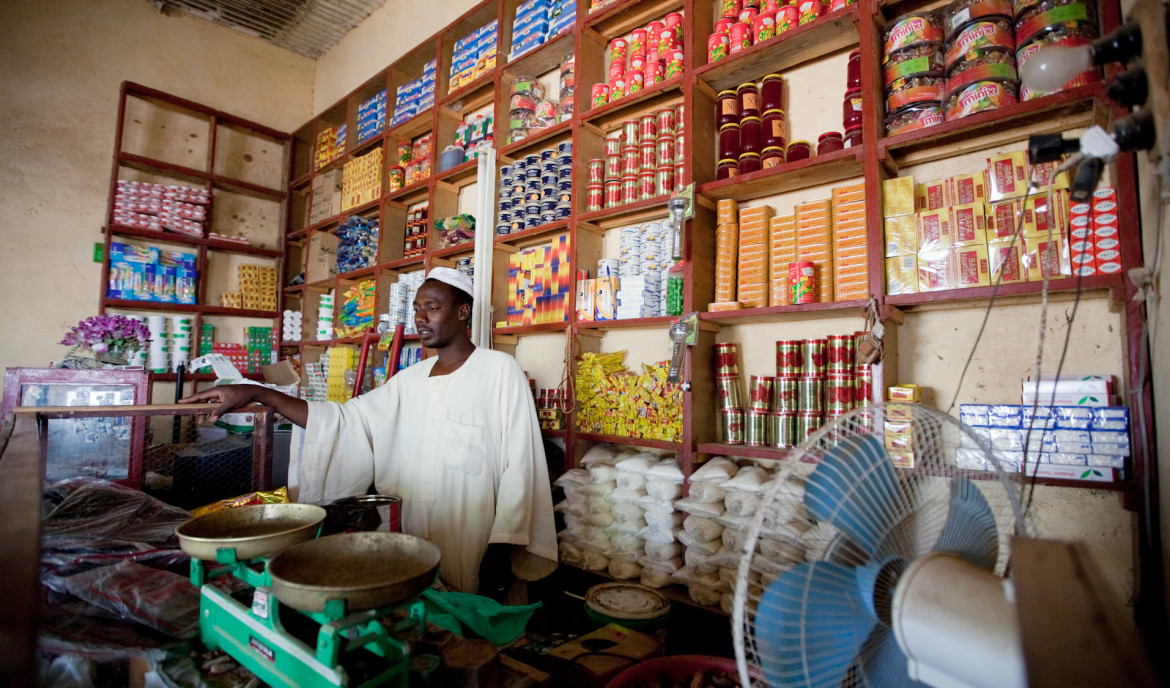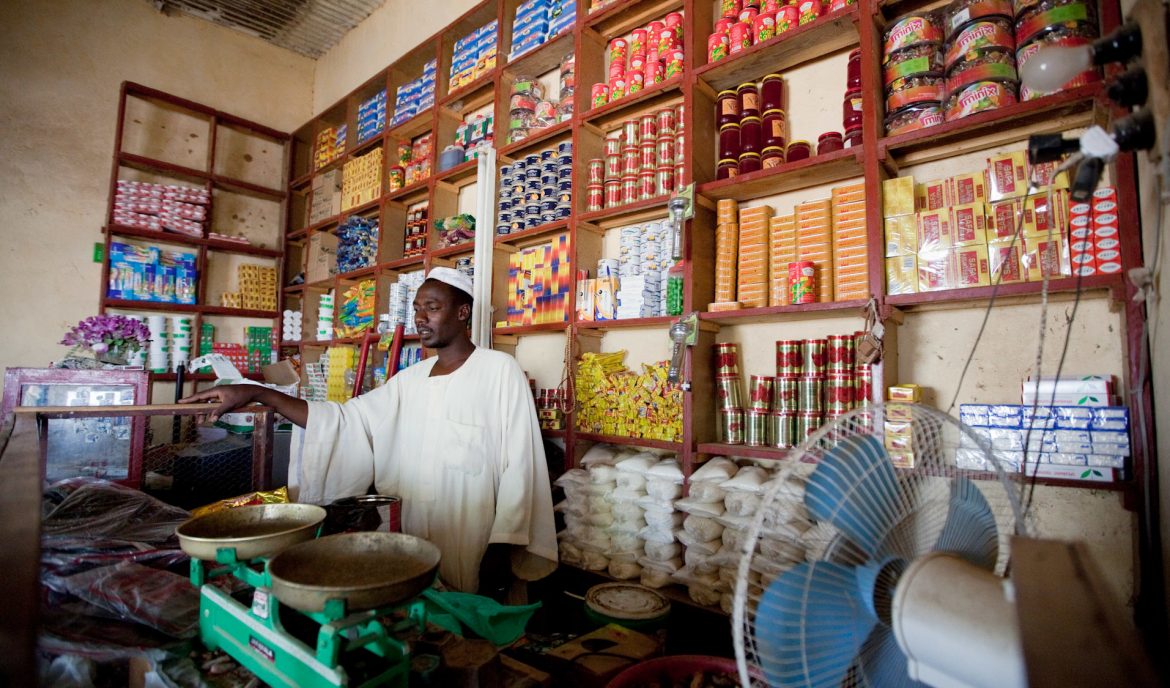This article is part of our Sudan Insider, a monthly publication providing news and analysis on Sudan’s biggest stories. Don’t miss other stories this month, on imprisoned Christian pastors, Nuba refugees caught in the South Sudan crisis, and increasing normalization between the West and Sudan.
Subscribe to receive the Sudan Insider in your inbox.
What happened…
The Sudan government announced Nov. 3 that they would cut subsidies on fuel and basic commodities and increase electricity prices as part of an economic reform program. The measures took effect the following day – and since then, fuel prices have increased nearly 30 percent while small, scattered protests have broken out. Opposition leaders have also been arrested.
In a press conference, Finance Minister Badreldin Mahmoud said the measures were designed to curb inflation and control the collapse of the Sudanese pound in the black market by reducing government expenditures and saving hard currency reserves. The minister added that the new policy also banned the import of some commodities including animals, meats and fish to stave off import imbalances.
In announcing the subsidy cuts, the minister also said salaries and allowances of government employees would be raised by 20 percent to help government employees contend with the price hikes. Subsidies for electricity would continue for families with limited income, mosques, schools and those in the agricultural and industrial sectors.
Although not a public announcement, President Omar Al-Bashir warned ruling party members that stark fiscal measures would be implemented in early November during a speech to the Shura Council, a consultative body. During the leaked speech, Bashir said the government would liberalize the price of fuel, flour and other basic consumer goods. The money saved from the cuts, Bashir said, would be spent on security, defense and ruling party members.
In addition to the spike in fuel prices, the price of electricity above 400 kilowatts increased by 50 percent. Prices of medicine are also becoming prohibitively expensive for citizens, according to the Pharmacies Department Consumer Protection Association.
Opposition parties and rebel groups have widely condemned the austerity measure including the rebel Sudan People’s Liberation Movement-North (SPLM-N) and leading opposition parties, the Sudanese Congress Party, the Democratic Unionist Party, the Sudanese Communist Party, Popular Congress Party, among others.
Small, scattered protests against the cuts have taken place across Sudan including in Khartoum, Atbara, Wad Medani and Nyala. But the level has been negligible in comparison to previous demonstrations against fuel subsidy cuts witnessed in September 2013 whereby dozens of civilians were killed and tortured by security forces.
What it means…
Fuel prices are a sensitive issue in Sudan, especially after South Sudan attained independence and Sudan lost nearly three quarters of its oil reserves. The nationwide protests against subsidy cuts in September 2013 represent one of the largest protest movements in Sudanese history. Retail prices rocketed up by more than 60 percent at the time.
It is not surprising, then, that Khartoum deployed a mass security presence after the subsidy cuts and has targeted opposition parties and media to suppress dissent. Authorities have arrested several opposition party leaders and activists for protesting the cuts, with members of the Sudanese Congress Party appearing to be the main targets. Security forces detained the party’s chairman, Omer al-Digair, and continue to hold the deputy chair, Khalid Omar along with seven other leading party members.
On November 6, security forces also confiscated three print runs of three independent dailies, Al-Tayyar, Al-Jareeda and Al-Watan, without providing an explanation. Local journalists suspected the seizures were for publishing articles critical of the subsidy cuts. Two local journalists were arrested and beaten a week after the subsidy cuts were announced, the Sudanese Journalists Network said.
Austerity measures of some sort may be needed. The Sudan Pound hit another historic low against the U.S. dollar in the black market by mid-November. While some Sudanese economists and opposition leaders agree that austerity measures were necessary to contend with runaway inflation, they are more critical of the abrupt timing of the measure. The decree to cut subsidies affects the poorest Sudanese most, while measures were put in place to alleviate the crunch for government officials.
The fact that Bashir told ruling party members that the money saved in the cuts would be used to enrich the government and support military efforts will certainly not quell the protests. The leaked statement may ring true given that over half Sudan’s annual budget may be allocated to security spending, dwarfing any other expenditures such as health and education.
Get more news and analysis:
Christian Leaders, Institutions Still Under Threat
Nuba Refugees Caught in South Sudan Crisis
“Normalization” between the West and Sudan
Photo: UNAMID (CC)






